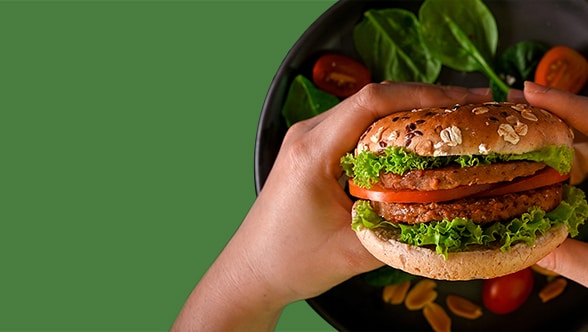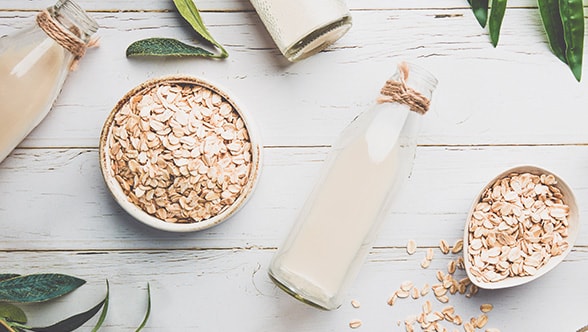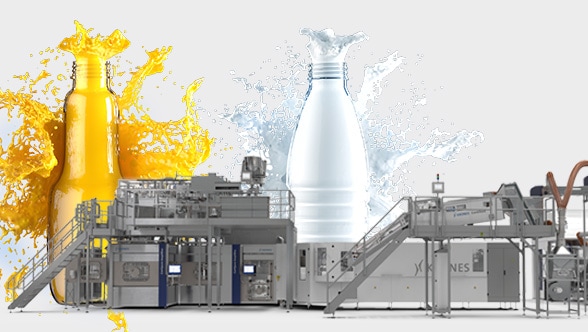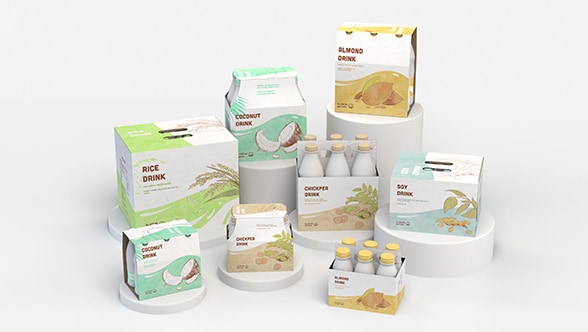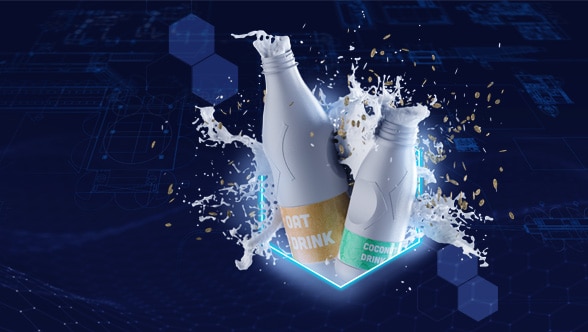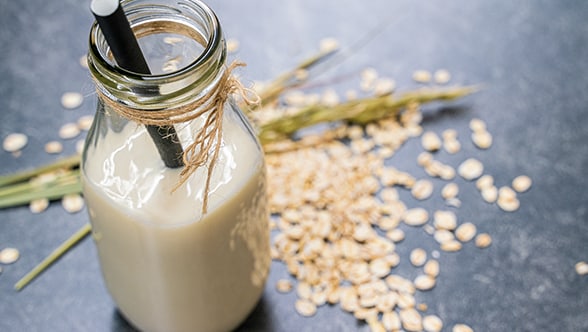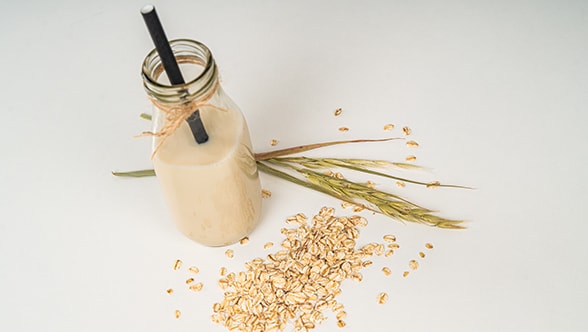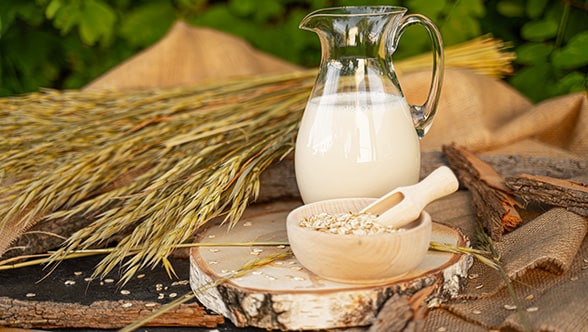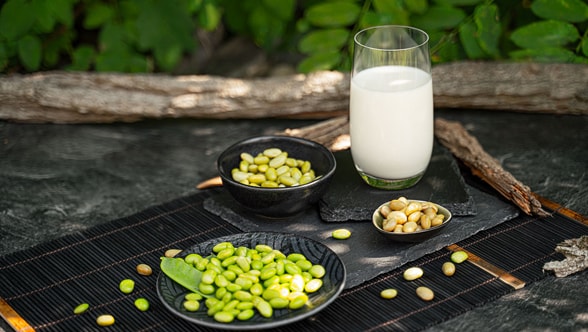Fermentation as key technology
The way products are manufactured and the resources available is changing. Water scarcity, climate change, and a growing world population make it necessary to sustainably produce products based on fossil raw materials in the future. Biotechnological processes offer the possibility to do this, and alternative proteins are a specific application in the field of bioprocesses. The fundamental concepts of biotechnology are similar to those in bioprocesses and are therefore transferrable to various applications in process engineering.
The importance of alternative protein
Food with animal products can be replaced using plant proteins, precise fermentation or cultivation of biomass, all of which result in equally good products. The increased efficiency in production also means that natural resources are used more efficiently.
The different colours of biotechnology
Bioprocesses are diverse and include specific processes in which living cells or their components, such as enzymes, are used to convert a substrate into specific products. The different colours of biotechnology show a wide variety in the use of bioprocesses, some of which overlap.
As part of the Krones Group, Steinecker supports all biotechnology companies – from start-ups to large corporations – in the design of process technology and scaling up to higher production output for the manufacture of fermentative products.
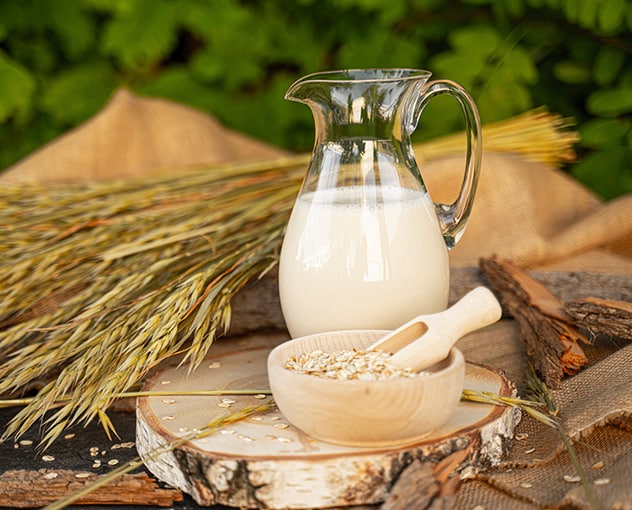
It's easy to get started producing plant-based milk alternatives - and we can provide you with both the technology and the know-how to do it. Our products, such as Steinecker mash vessels, are perfectly suited for processing vegan milk. Not only that: Within the Krones group, we have developed three different concepts for the production of oat drinks and other plant-based protein drinks. They range from the low-cost starter package, which uses a ready-made oat base as a basis, to the high-quality process, which starts with the milling of the basic ingredients.
It's easy to get started producing plant-based milk alternatives - and we can provide you with both the technology and the know-how to do it. Our products, such as Steinecker mash vessels, are perfectly suited for processing vegan milk. Not only that: Within the Krones group, we have developed three different concepts for the production of oat drinks and other plant-based protein drinks. They range from the low-cost starter package, which uses a ready-made oat base as a basis, to the high-quality process, which starts with the milling of the basic ingredients.

Comparatively new is the production of alternative food, for example by means of precision fermentation. This method allows for the targeted programming or optimization of animal or plant cells to produce specific products like enzymes, fats, proteins, vitamins, flavourings, and natural pigments. Proteins produced through fermentation can then be combined with other ingredients and further processed to replicate meat, egg, or dairy products. Again: Understanding the brewing process is the best pre-requisite for producing alternative proteins on a large scale.
Comparatively new is the production of alternative food, for example by means of precision fermentation. This method allows for the targeted programming or optimization of animal or plant cells to produce specific products like enzymes, fats, proteins, vitamins, flavourings, and natural pigments. Proteins produced through fermentation can then be combined with other ingredients and further processed to replicate meat, egg, or dairy products. Again: Understanding the brewing process is the best pre-requisite for producing alternative proteins on a large scale.
Advice and further information
Are you new to the production of alternative proteins? Or you want to adapt your available capacities to the enormous market growth? We will be happy to advise you on which process and which technology will bring you the greatest benefits!
#AlternativeProteins
Read more about the production of alternative food in the Krones magazine and learn which Krones solutions customers around the world are using to produce and fill plant-based milk alternatives.
